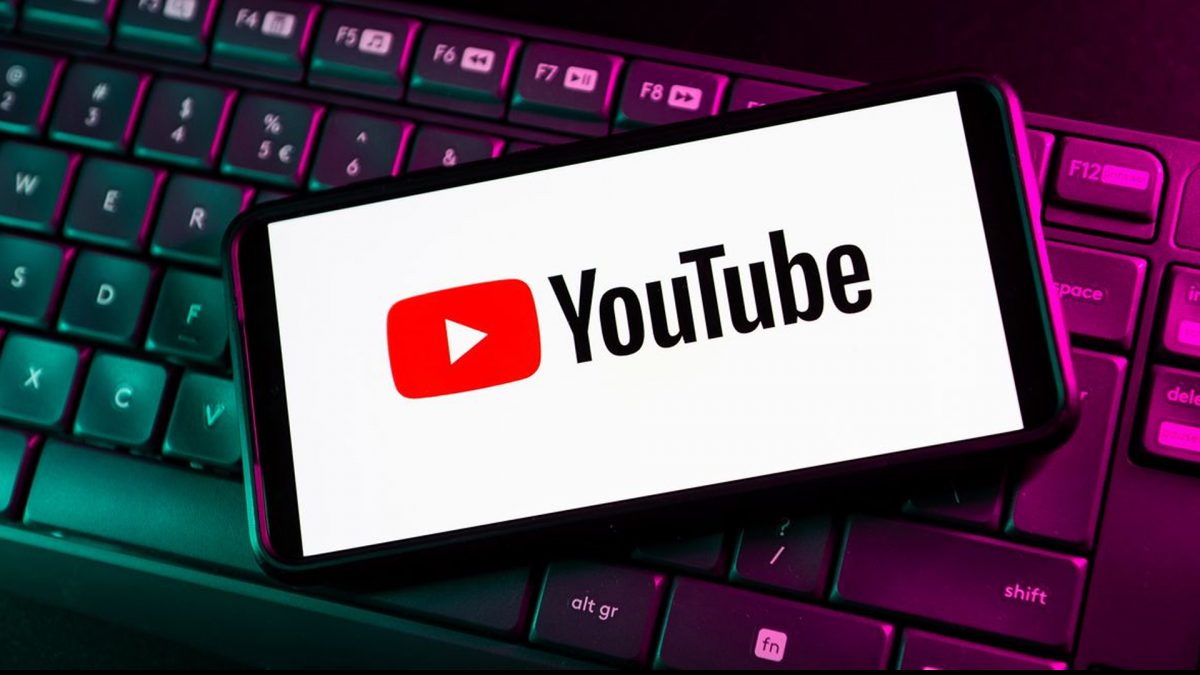YouTube’s newest AI-powered reply tool, which was designed to help creators respond to comments more efficiently, has been stirring up trouble. Launched as “editable AI-enhanced reply suggestions,” YouTube had hoped that the feature would provide personalised, time-saving responses for creators.
However, instead of being a handy helper, it has become a source of frustration and amusement, with replies ranging from oddly intimate to outright nonsensical, as per a report by 404 Media.
The report follows one prominent creator, Clint Basinger of LazyGameReviews (LGR), who demonstrated the feature in action, showing just how bizarre it can get. This AI tool, designed to mimic a creator’s style and tone, often produces responses that are wildly inaccurate, strange, or even overly personal.
Mismanaging comment section
Basinger shared examples from his recent video about a Duke Nukem-branded energy drink. When a commenter speculated that the scoop for the drink might be buried in the powder, YouTube’s AI suggested an oddly confident but incorrect reply: “It’s not lost, they just haven’t released the scoop yet. It’s coming soon.” Another suggestion ventured into the absurd, speculating about proprietary scoops, much to Basinger’s amusement.
The AI seemed to miss the mark frequently. A light-hearted comment about shaking the formula prompted a response suggesting a forthcoming video on lid safety, leaving Basinger in stitches. When a fan welcomed his return to his secondary channel, the AI chimed in with “It’s a whole new kind of blerp,” a nonsensical reply that raised more eyebrows than engagement.
Personalisation or overreach?
One of the most troubling aspects of the feature is its inclination to touch on personal matters. The AI suggested replies which indicated that Basinger was burnt out or had taken a break, details that weren’t accurate and felt invasive. This misuse of AI highlights a broader issue in generative tools: their inability to understand the nuance of personal boundaries, often leading to disingenuous interactions.
Several creators like Basinger have expressed concerns about the feature, saying that relying on AI to mimic their style diminishes the authenticity of their interactions with fans. Basinger also noted that many viewers now second-guess the sincerity of replies from creators, suspecting them to be machine-generated. This creates a trust issue, undermining the very engagement the tool aims to enhance.
Bigger implications for YouTube creators
The rollout of AI-generated replies reflects a growing trend in the tech world, where automation is being used to streamline tasks but often at the expense of quality and authenticity. YouTube claims these AI suggestions are merely a starting point, encouraging creators to customise them. However, the feature’s missteps demonstrate the limitations of generative AI, particularly when accuracy and tone are crucial.
Adding to the controversy, YouTube’s new “Inspiration” tab uses AI to generate video ideas, outlines, and thumbnails. While this might seem like a boon for struggling creators, Basinger’s experience shows its shortcomings. The AI has suggested content ideas for fictional products and produced poorly crafted thumbnails, highlighting its unsuitability for creators focused on real, quality content.
As generative AI continues to infiltrate creative spaces, tools like these raise questions about their role in fostering genuine connections between creators and audiences. While they may save time, the trade-off appears to be a loss of trust and authenticity—something no algorithm can replicate.
)